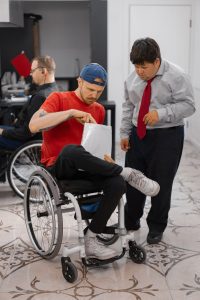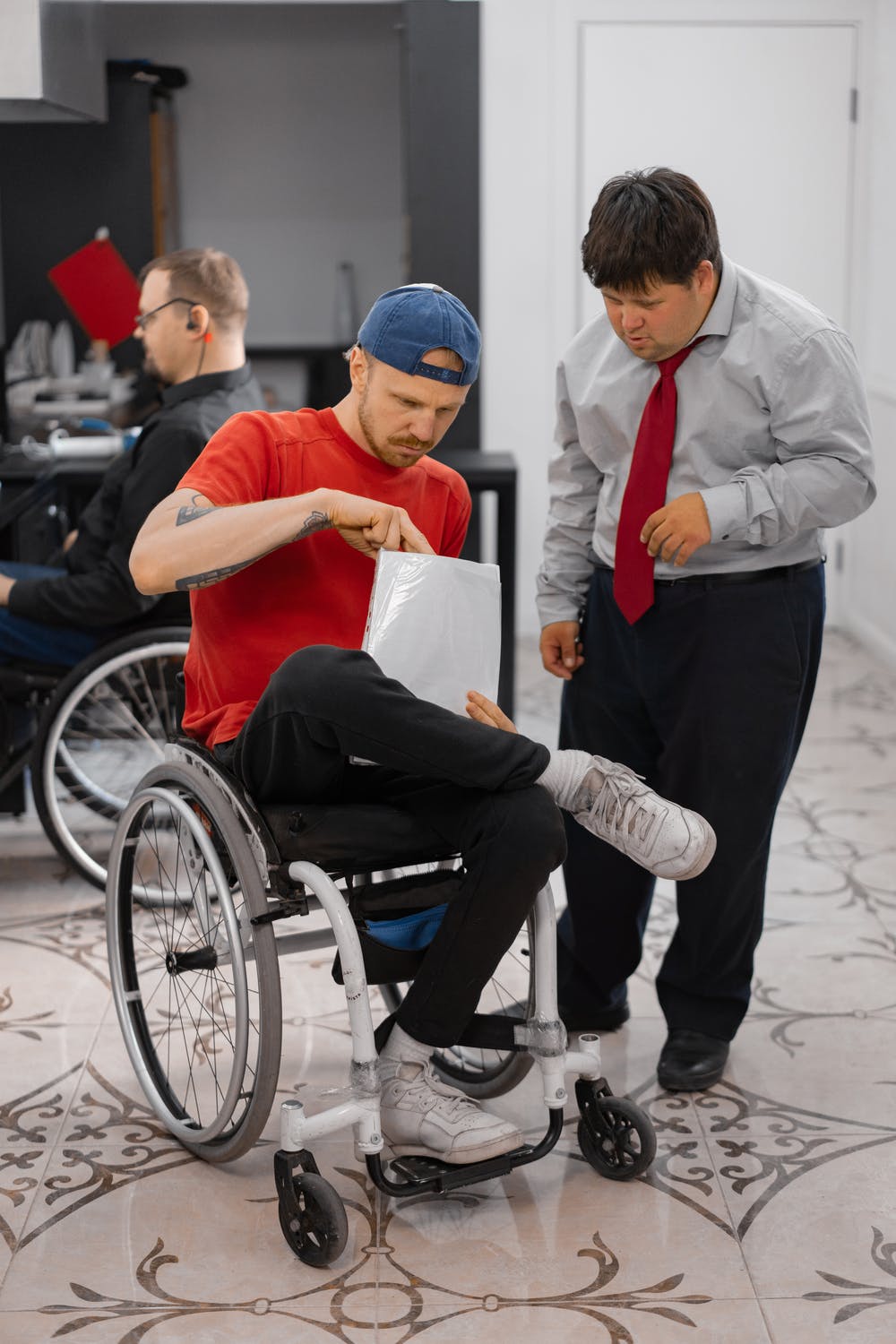There are three main sources of medical assistance for the disabled in the United States:
Medicare and Medicaid. Each program has its own eligibility criteria but they all work together to
ensure that no one is left behind. Some people are not eligible for Medicaid, and some are not
disabled. You might not be eligible for the TTY or Medicaid service if this is the case. You should
research all options to determine what is available to your situation.
The need for medical care for disabled people is growing rapidly as more people get older. Many
people who become disabled are unable to move to another place and must be treated locally.
Medical centers for the disabled are able to registered ndis provider primary care and are staffed with highly
qualified doctors and surgeons. These small changes can make a significant difference in your
long-term health. These Doncaster NDIS can make life easier for people with disabilities.
First, the cost of medical care for the disabled tends to be high. Many families with two incomes
cannot afford it. It can be expensive to provide home healthcare for the handicapped. Many
disabled people choose to self-care because they can save money on healthcare costs.
Thankfully, some organizations are working to make this possible. It might be worth your time to
investigate the pros and cons of home health care.
Two options for medical care for the handicapped are Medicare and Medicaid. Medicare part A,
the premium assistance program, covers doctor visits as well as outpatient hospital stays.
Medicare part A is the most important source of medical care available for disabled people. In
most states, you must apply for Medicare. If you are eligible for Medicare, there is no need for
you to apply for a supplement. A licensed medicaid consultant can help you determine which
plan best suits your needs.
A second option is assisted living. Assistive technology, such as walkers and wheelchairs,
enables the disabled to participate in their daily lives. In addition to making life easier for people
with disabilities, assisted living can also help them live more independently. These devices can
help people with disabilities become more independent. These devices can help them become
more mobile and independent. They can’t replace medical care and may increase the cost of
such services.

For a healthy life, proper medical care is crucial. The disability community is faced with health
disparities and specialized issues that can make it difficult or impossible to receive treatment.
These issues have been identified by the NCD and specific recommendations have been made
to make health care more accessible for people with disabilities. These recommendations are
listed in Chapter 8, section H. The numbers are 4.1 through 4.10.
In-home care for the disabled is a relatively new service. It doesnâ€TMt require much
preparation. Instead, a designated family member drives patients to and from the medical
facilities. Other family members may cook meals for the patient in addition to driving. In-home
care allows the disabled to rest and recuperate without needing to pay for medical services.
However, a home-based service is not recommended for chronic medical conditions.
Private palliative services plans for the disabled aim to improve the quality and life of the
individual. These plans provide financial support to purchase adaptive equipment that makes
everyday life easier. Autism, for instance, can affect many people on the autism spectrum. This
may require special attention. A private palliative care plan can be an important resource for
these individuals. This type of care is recommended for loved ones with intellectual disabilities
or developmental disabilities.
Israel’s Beit Halochem Center opened its doors in 1994. Today, its membership numbers more
than 11,000 disabled veterans and 30,000 people. Beit Halomichem has been so in demand that
its entry criteria was changed to only allow those with more severe disabilities. But the benefits
of such a program are clear. It is worth considering whether such programs would be of any use
in the United States. The Beit Halochem Center is not only a place to seek medical attention, but
it’s also a great place for anyone in need.


